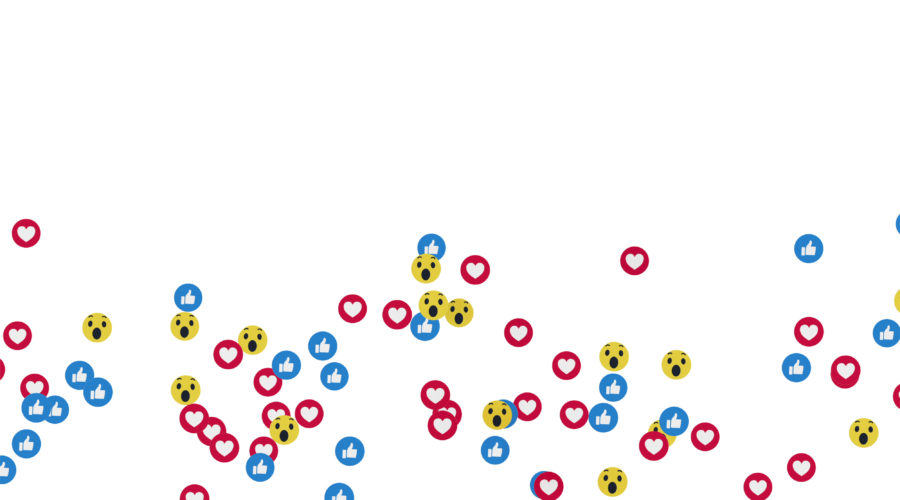Social media in the dock: High Court view on employee’s tweets
On 7 August 2019, the High Court handed down a decision finding that a commonwealth employee’s employment was lawfully terminated due to disciplinary action taken against her for broadcasting anonymously more than 9,000 tweets which were critical of her then-employer (the Department of Immigration), other employees and government and opposition immigration policies generally. While the case has been the subject of some media comment and scrutiny, it is nonetheless worthwhile looking at some of the more interesting issues arising from the case.
While Ms Banerji isn’t the first person to sue their former employer for having their employment terminated for posting material about their employer on social media, and nor will she be the last, it is not often that cases of this nature get to the High Court. In fact, the High Court only hears a minority of cases that go before it. Interestingly, they took an interest in this case for a number of reasons.
Ms Banerji was employed under the Public Service Act 1999 (Cth) and like all of her former colleagues, was also the subject of the Australian Public Service (APS) guidelines and code of conduct. Like many codes of conduct in public and private workplaces around Australia, it refers to adherence to the APS’ values, protecting the integrity and good reputation of the APS and outlines minimum standards of behaviour that are expected of an employee in this day and age, including appropriate use of social media.
Ms Banerji made a claim for compensation alleging that she had suffered from a psychological injury as a result of her termination.
However, in most states and territories across Australia, the employer has a defence where an employee suffers from a psychological injury as a result of reasonable action taken by the employer in relation to factors such as discipline, performance, dismissal, transfer, demotion and promotion. The test applied across the country is not uniform, however, the general principles are pretty much the same.
The defence was introduced to stop people claiming compensation for a psychological injury where their employment was terminated following disciplinary, performance or other reasonable action taken by the employer.
The seven judges of the High Court all agreed (although three of the judges wrote independent decisions) that Ms Banerji’s employment was rightly terminated because she had breached her obligations as an employee of the APS.
The High Court placed paramount importance on the need to preserve and protect the system of representative and responsible government mandated in the Australian Constitution, through an apolitical, impartial and professional public service.
The High Court viewed the 9,000‑odd tweets generated by Ms Banerji, despite using an anonymous Twitter handle, as calculated to damage the integrity and good reputation of the APS, her employer, fellow employees, Members of Parliament and Government and Opposition policy relating to immigration generally.
The High Court said it was irrelevant the fact that Ms Banerji issued the tweets by way of an anonymous Twitter handle, with all but one sent outside of work hours. It noted the APS Guidelines which stated that irrespective of the forum, anyone who posted material online should make the assumption that at some point their identity and the nature of their employment would be revealed.
In her defence, Ms Banerji contended that the termination of her employment was unlawful having regard to her implied freedom of political communication.
Ms Banerji, with support of submissions from the Australian Human Rights Commission, contended that her implied freedom of political communication was a personal right, not unlike freedom of expression guaranteed by the Canadian Charter of Rights and Freedoms or the freedom of speech guaranteed by the First Amendment to the Constitution of the United States.
Justice Gageler described the line of argument as having marginal and illogical assistance in light of the marked differences between the structure and history of executive government in Australia and the United States.
So, where does this leave us when it comes to the obligations of employees across Australia generally?
As well as those employed by the Commonwealth, the decision has direct implications for those employed by the States and Territories, many of whom, such as teachers and police, are employed in statutory positions.
There has already been criticism of the High Court’s decision from certain quarters who consider that the Court has gone too far, imposing restrictions on an employee’s ability to criticise or make political comments on social media about his or her employer. Some, for example, have cited employees being disciplined for commenting on potentially unsafe work practices etc. Obviously, each case has to be looked at on its own merits but the chances of the courts applying these principles without measured discretion are unlikely.
While the principles around an employee’s obligations have been well established for some time by the Fair Work Commission, it wasn’t until the Banerji decision where we’ve had the benefit of having the High Court of Australia provide their position on this issue.
Interestingly, the High Court was dismissive of what transpires in other countries and we anticipate that when considering issues such as freedom of speech and freedom of political expression, they will view these concepts through a strongly Australian prism.
There is no doubt that lawyers acting for private sector employees would have read the Banerji decision with a high degree of interest and will invariably attempt to differentiate this decision and contend that it relates to public sector employees only.
Given the current commentary around certain high profile cases at the moment, the decision provides scope for the argument that if an employer has rules in place for specific reasons - whether they be to maintain certain values or to protect brand value or profile - there is an intrinsic obligation on employees to ensure that they abide by this.
It is going to be interesting to see how future cases play out now that the High Court has thrown its two cents in.
ComCare v Ms Michaela Banerji
Contact
Rhett Slocombe
Partner
Rhett is the firm's National Insurance Practice Head and has over 25 years' experience as a statutory insurance lawyer.
Karl Rozenbergs
Partner & Co-Lead, Health & Community
Employment lawyer Karl Rozenbergs advises clients in adverse action claims, on negotiating enterprise agreements and much more.
Related industries
Related practices
You might be also interested in...

Employment & Workplace Relations | 12 Sep 2019
Regulations for WA Work Health and Safety
The public consultation phase for the Work Health and Safety Act for Western Australia (WHS Act (WA)) ended on 31 August 2018.

Employment & Workplace Relations | 12 Sep 2019
Fair Work Commission finds dismissal following Facebook tirade to be harsh
The Fair Work Commission (FWC) has once again considered the persistent challenges raised by an employee’s use of social media outside work.




